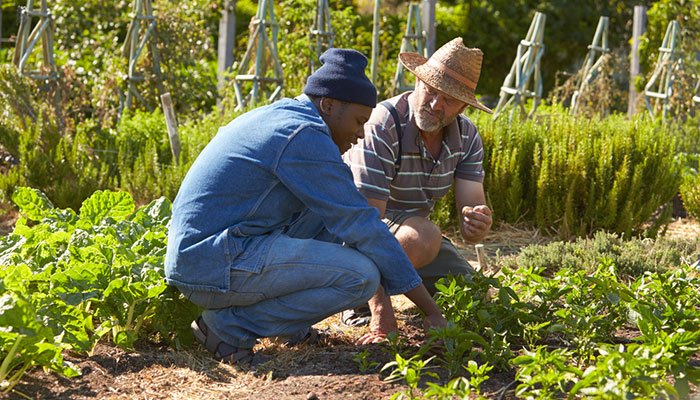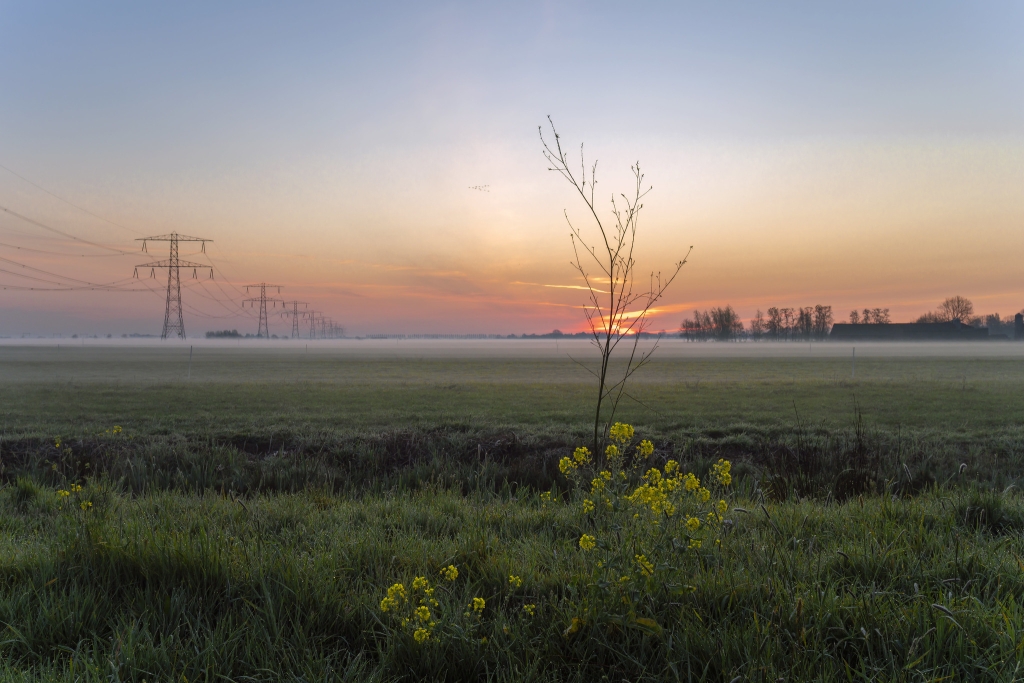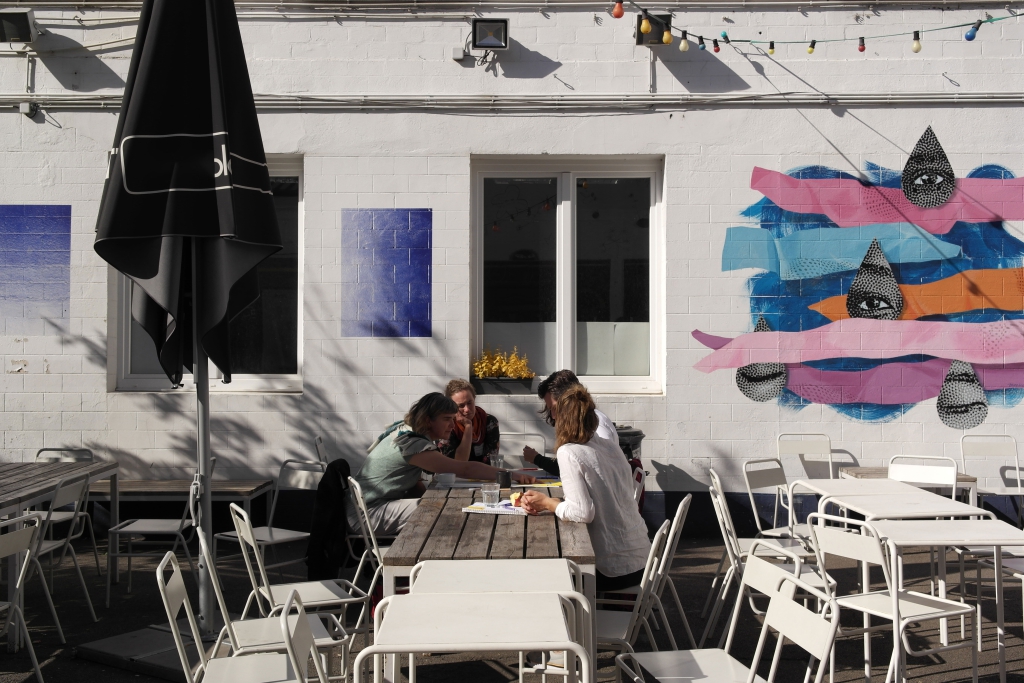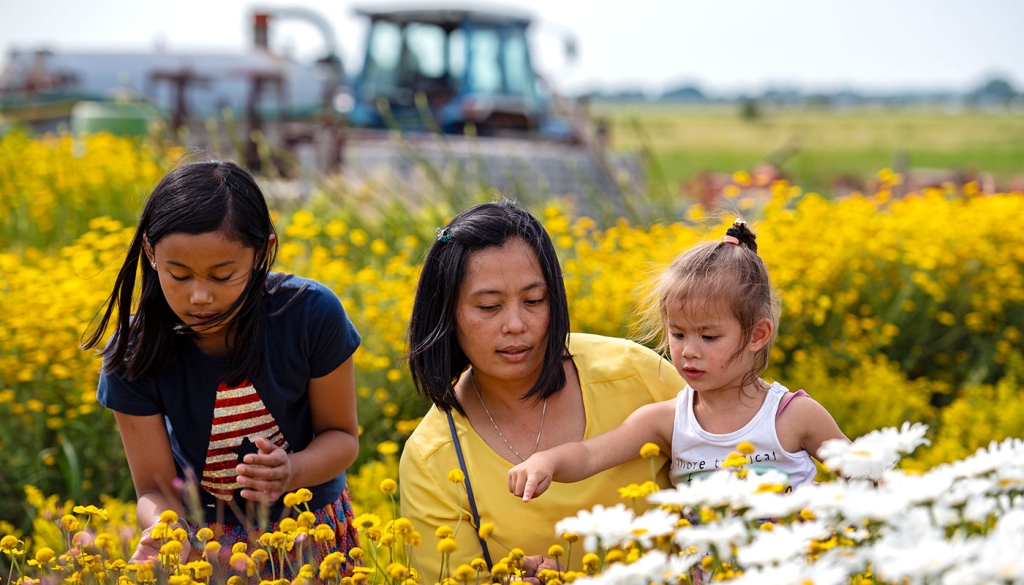(dit artikel is in het Engels)
We can’t have a sustainable world without sustainable food systems, so we need immediate and urgent action to change how we produce, distribute, prepare and view food. As cities are a great place to start sustainability action, we studied the social innovation that can bring this change by mapping 11 promising urban food initiatives. We now share our insights in our first SIRIUS working paper.
Food policy, community gardens, vegan burgers, and local supply chains – most food innovations and alternatives want to bring change to our unsustainable food systems, but their real transformative potential hinges on many factors. Do they truly shift the power among the broad range of actors in the system? And does their environment help them to outgrow the niche phenomenon to generate larger impact?
This working paper by Aniek Hebinck, Timo von Wirth and Aleksandra Jovanovic, which is part of the SIRIUS project, uses the theoretical lens of ‘food systems thinking’ to analyse 11 grassroots food initiatives in Rotterdam. From Jack Bean to de Krekerij, and from Rotterdamse Munt to Klimaattafel Consumptie, we study their aims and objectives and identify what works for or against them. And that includes a global pandemic coming out of left field.
Based on this work, we suggest several future research directions which we argue are key for a deeper understanding of the dynamics among urban food innovators aiming for wider food system transformation. Central to this are network creation and the role of partnerships among initiatives and across sectors (e.g. food and urban planning/greening) to unpack strong and weak coalitions and network effects of urban innovation habitats. Additionally, research should investigate governance for and of radical food innovation, with a specific focus on the role of the municipality in facilitating and supporting these.




